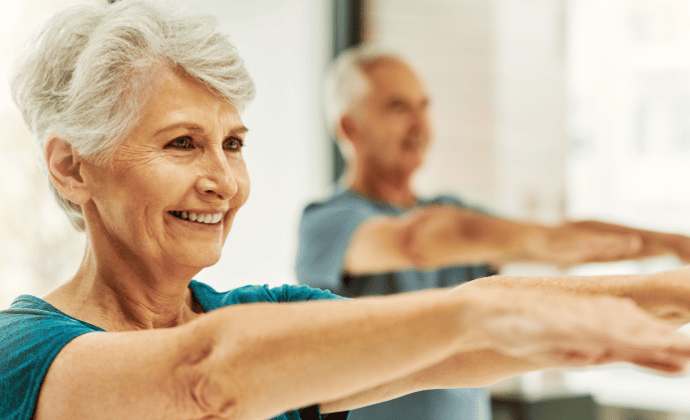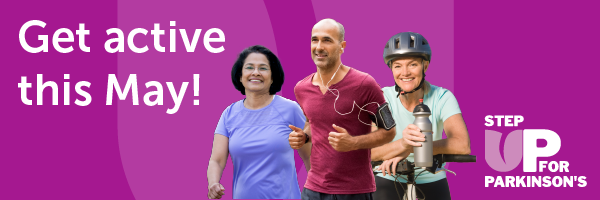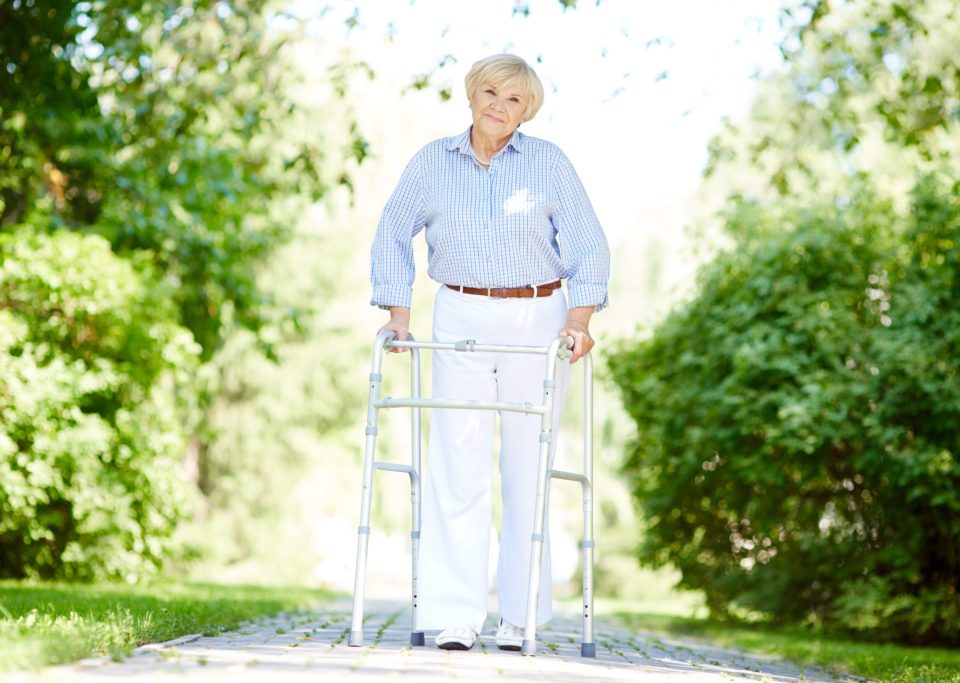Regular exercise is second only to medication in improving your quality of life with Parkinson’s. It is that important! When you do regular exercise, you’ll quickly begin to see and feel the advantages it can have on your body and well-being. In just three to six weeks you should start to feel the beneficial changes.
Why should you exercise if you have Parkinson’s? Because the benefits will be even greater to you than someone without Parkinson’s. You will get the regular benefits we all know about such as improved heart and lung health, stronger muscles, and reduced risk of other health issues. Exercise will also lift your mood, improve your mental health, and help you sleep better.
On top of these benefits people with Parkinson’s will also enjoy better symptom management and a greatly improved quality of life. For example those who do cardio-vascular exercise will commonly report a reduction of their tremor after exercise, along with improved balance, reduced fatigue, and increased energy levels. Parkinson’s-specific exercise can also benefit neurological symptoms. In short, exercise is powerful and can help improve your life.
However, working it into your daily routine and sticking with it takes determination and discipline. Here are some strategies that can help you keep your exercise on track.
What to consider before you begin
- Check your health. It’s important to consult your healthcare provider and get a physical examination before starting an exercise routine.
This is particularly important for those new to strenuous and vigorous physical activities which, when safely done, are great for people with Parkinson’s.
- Choose a trainer who is a Parkinson’s specific physiotherapist or exercise physiologist.
They can optimise your workout and make it manageable for you. Working with a Parkinson’s specific trainer will help you understand your limitations and create an exercise plan tailored to your particular needs.
- Make a plan with realistic goals. Use steps you know are achievable and build on those. For example you may want to be able to walk to the shops. Start by doing shorter walks around the house, then to the corner, building to the next corner… until you can make the whole walk to the shops.
Starting with small achievable goals will increase your chances of success and keep you motivated every step of the way.
- Make exercise a habit. Making a schedule to exercising at the same time every day is a good way to sustain your routine and make it last. Even on days you don’t feel well, do some form of milder exercise such as stretching or meditation in your normal exercise time.
For example, you can make exercise a habit by planning to work out every day, first thing in the morning. It’s important to choose a time that works best for you and when your medication is working at it’s optimum level.







